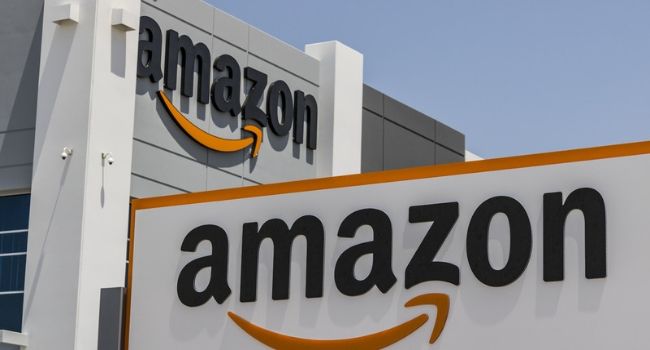
Orlando Police Department Ends Facial Recognition Pilot Program With Amazon
The city was never able to get the software, Rekognition, to consistently work with its video surveillance cameras over the course of 15 months.
- By Haley Samsel
- Jul 24, 2019
After over a year of technical issues and public pushback, the Orlando police department has canceled its pilot program with Amazon, which allowed the city to test the company’s facial recognition software for use in police work.
The two-phase partnership to test the software, known as Rekognition, began in December 2017. Once the first phase ended in June 2018, officials were not sure if they would continue testing but eventually began the second phase in October, according to Orlando Weekly.
That second phase was set to end on July 18, the same day the Weekly reported the demise of the program. In theory, Orlando officials sought to use Rekognition to identify and track suspects in real-time using existing surveillance cameras. Police would be able to upload a photo of a face to the system and receive an alert when the software identified that person in a live surveillance stream.
They deployed the software on four cameras at police headquarters, according to the Weekly. But, despite visits from Amazon employees to City Hall to provide technical help with Rekognition, the city made very little progress on using the software for its intended purpose.
"We haven't even established a stream today. We're talking about more than a year later," Rosa Akhtarkhavari, Orlando's chief information officer, told the Weekly during the second pilot. “We've never gotten to the point to test images.”
Those issues were likely caused by the city’s lack of bandwidth for simultaneous high-definition video surveillance feeds and older cameras that did not have the right video resolution to get clear images of the volunteers participating in the testing.
The height of the cameras, which caught only the tops of the subjects’ heads rather than their faces, also posed a problem, according to the Weekly. Amazon offered to provide its own cameras to the city, but Orlando officials refused.
In a memo to the city council explaining the decision to end the program, the Chief Administrative Office said “the city was not able to dedicate the resources to the pilot to enable us to make any noticeable progress toward completing the needed configuration and testing.”
Orlando was the only city in the United States to publicly disclose that they were testing Rekognition. A sheriff’s office in Oregon is also using a variant of the software to check suspect photographs against a database of images for possible matches. Other cities, including San Francisco and Oakland, have recently voted to ban police use of facial recognition software, which researchers say is much less accurate when it comes to correctly identifying people of color and women.
Read more: Opposition to Government Use of Facial Recognition Technology Grows in Detroit
Matt Cagle, an attorney with the American Civil Liberties Union, told The Verge that the failed pilot “demonstrates why surveillance decisions should be made by the public” and not corporations working with police officials. The ACLU was the first to discover the Orlando program through public records.
“Congratulations to the Orlando Police Department for finally figuring out what we long warned—Amazon’s surveillance technology doesn’t work and is a threat to our privacy and civil liberties,” Cagle said.
There is currently no legislation on the books in Florida regulating the use of facial recognition software, and Congress has yet to pass any federal regulations on the issue. For its part, the memo said Orlando would keep an open mind to other technological innovations, but that the city has “no immediate plans regarding future pilots to explore this type of facial recognition technology.”
About the Author
Haley Samsel is an Associate Content Editor for the Infrastructure Solutions Group at 1105 Media.